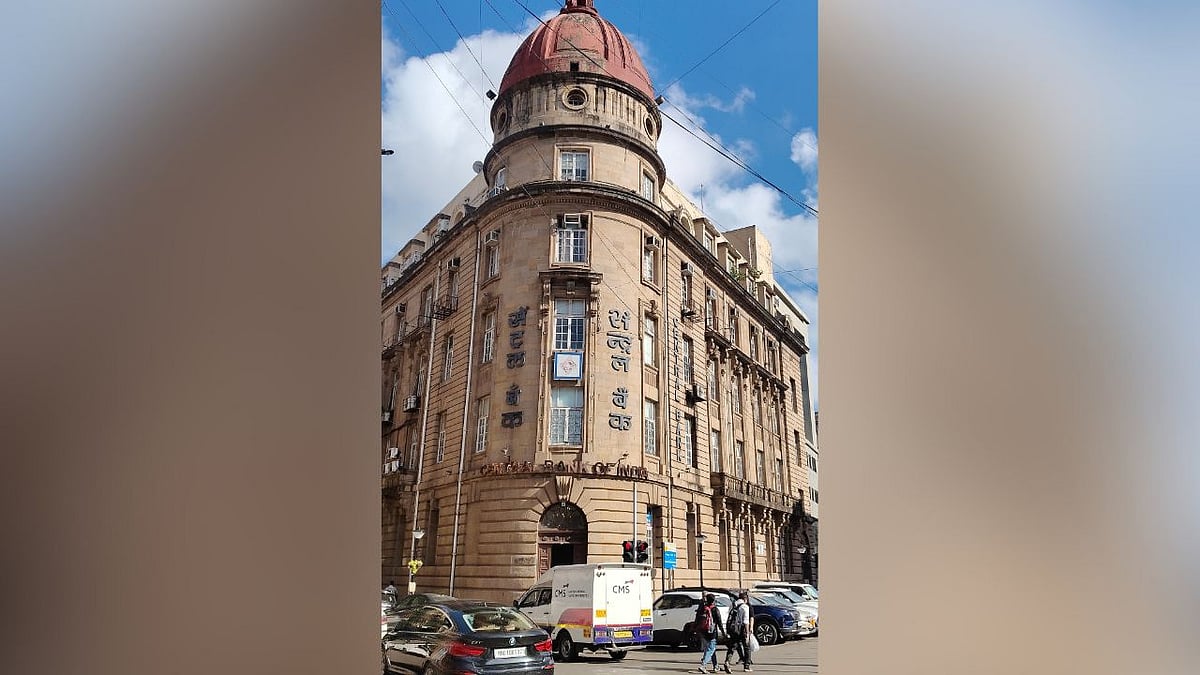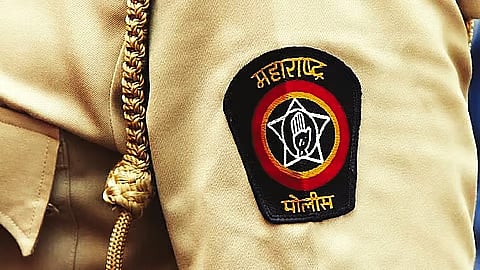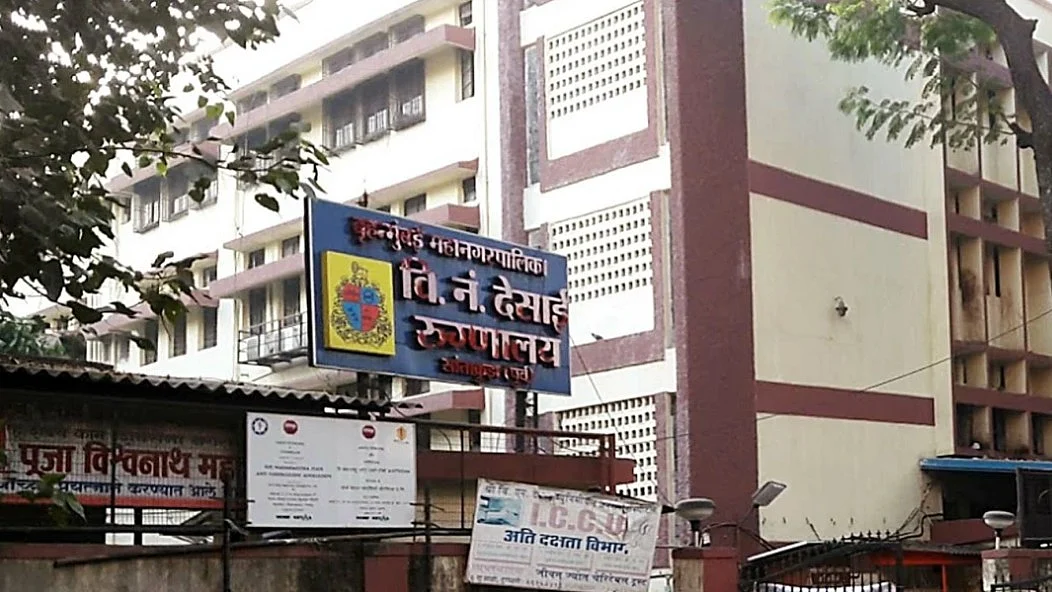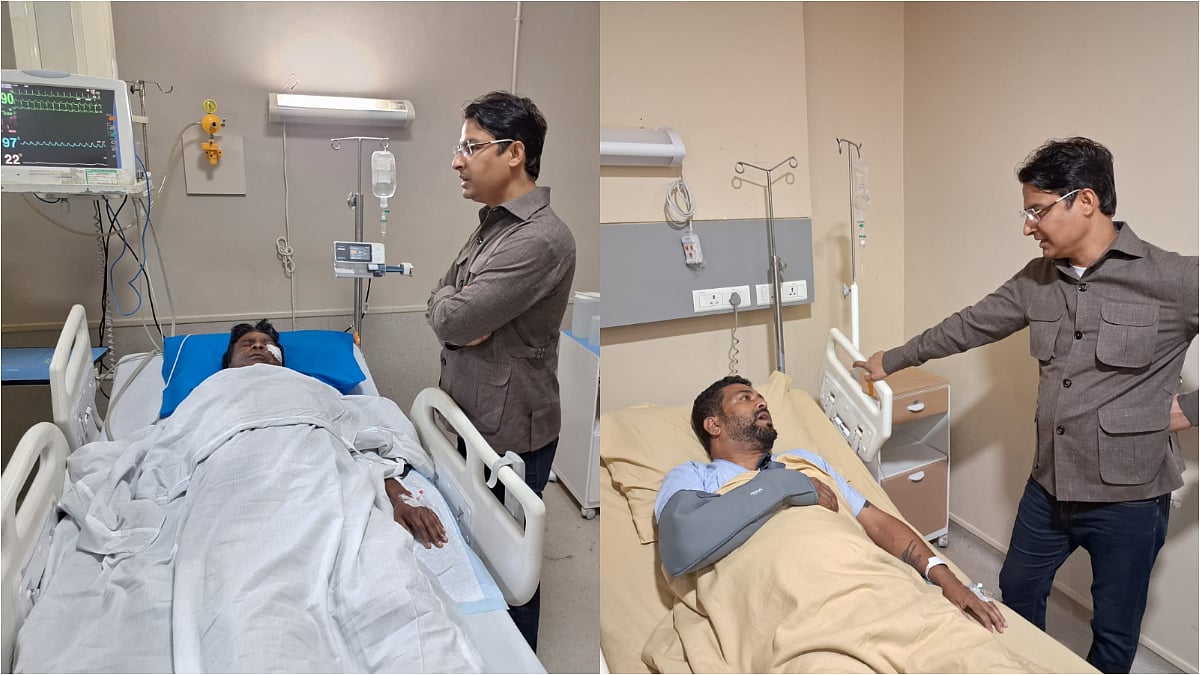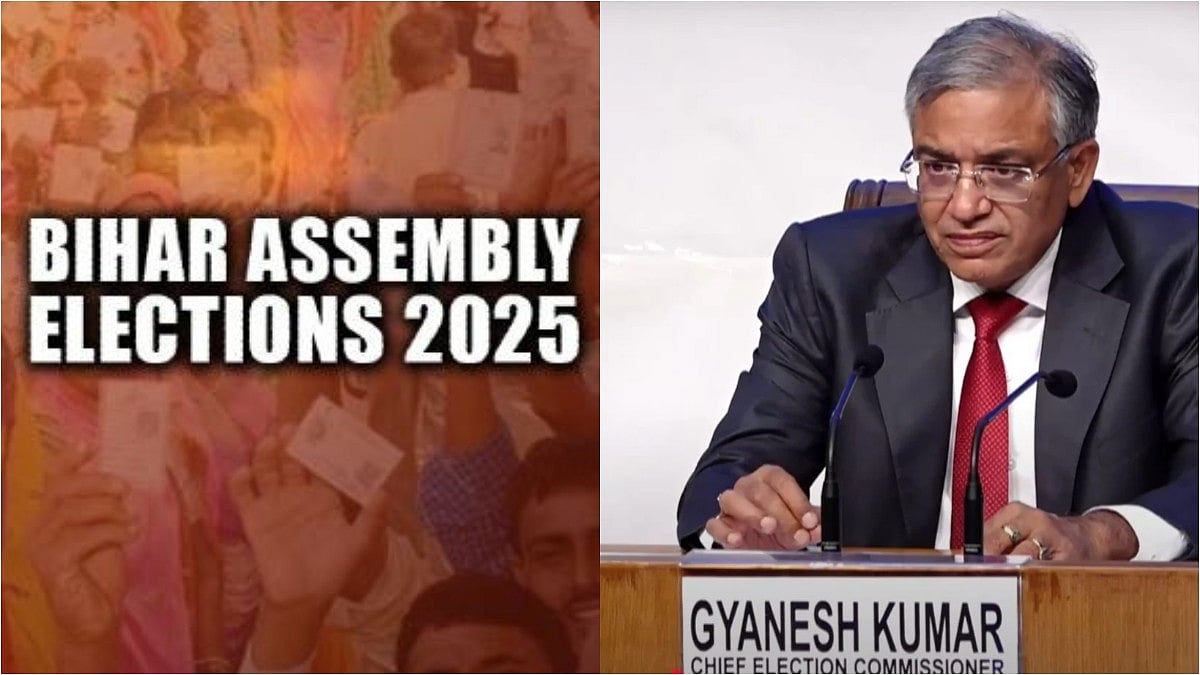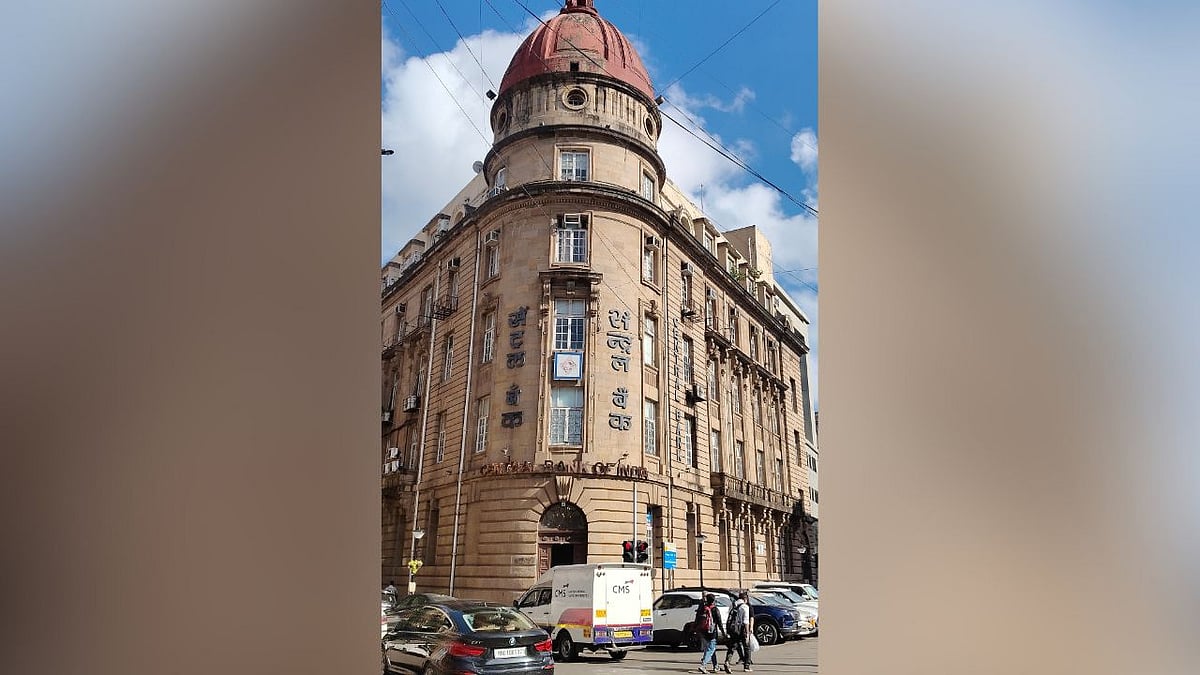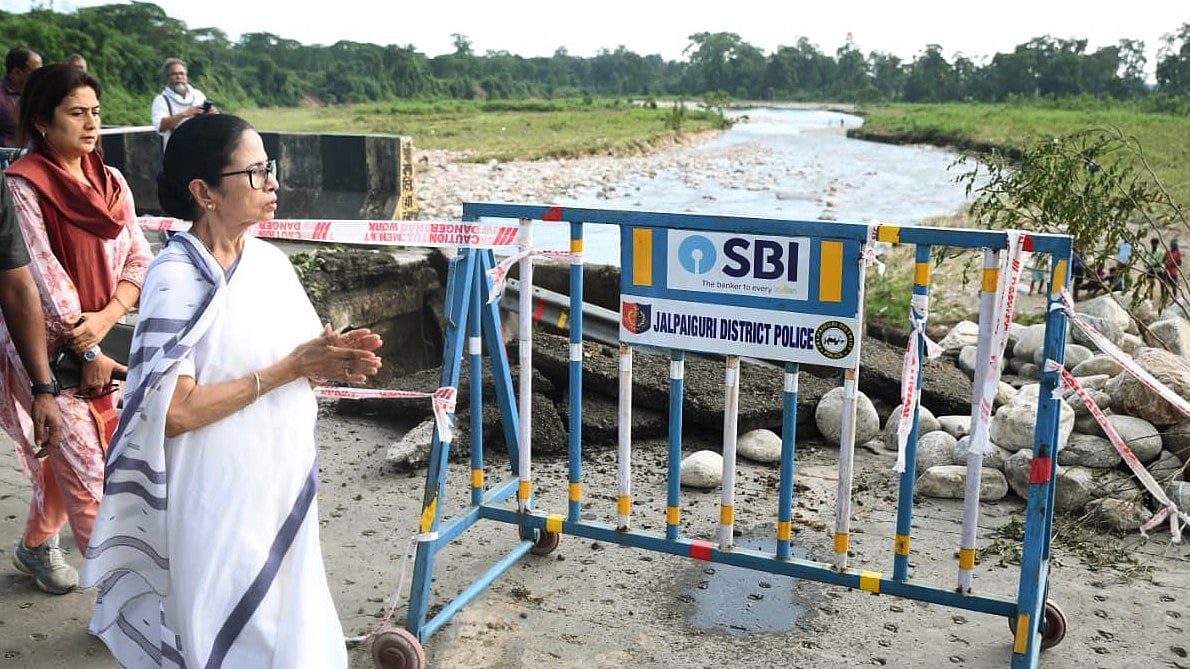Mumbai, October 6: Parsis are planning to appeal to the government to protect the distinct identity of the Central Bank of India, established on December 21, 1911, in Mumbai by fellow community members Sir Sorabji Pochkhanawala and freedom fighter Sir Pherozeshah Mehta. The bank, hailed as the country's first Swadeshi bank wholly owned and managed by Indians, is considered as much a Parsi institution as the Tata companies, although it is now government-owned.
Community Concerns Over Bank Merger
Recently, the Surat Parsi Panchayat Funds and Properties, the apex trust of the community in Surat, reacted to reports that the bank could be merged with another institution to create a bigger bank.
"By doing so, the Central Bank of India will cease to exist and will be rechristened with a new name, thereby relinquishing its original identity as India's first Swadeshi Bank," said Dr Homi Doodhwala, president of the Surat Parsi Panchayat Funds, which has written to Prime Minister Narendra Modi urging intervention.
Historical Significance of the Bank
Xerxes Dastur, president of the Bombay Parsi Association and trustee of the Bombay Parsi Punchayet, emphasized the bank’s legacy.
"A few people have said that we should try to save the bank. I would definitely be writing for what it is worth. The annals of the bank say that it was associated with the House of the Tatas," he said.
The bank’s creation was a direct outcome of the Swadeshi movement and is regarded as one of the community’s greatest contributions to society. Nationalised in 1969 under Indira Gandhi, the bank has been recognized as a significant public sector bank, noted for early innovations and generations of Parsi employees who have held accounts there.
Government’s Public Sector Bank Consolidation Plan
The Government of India is pursuing a plan to merge public sector banks to consolidate smaller government-owned banks into larger, more profitable entities.
In 2019–2020, banks such as Dena Bank, Allahabad Bank, and Syndicate Bank were merged with larger institutions like Canara Bank, Punjab National Bank, and Bank of Baroda. The Central Bank of India, which is 93.08% government-owned, is one of four banks planned for the next phase of mergers. The Indian Banks Association did not respond to requests for comment.
